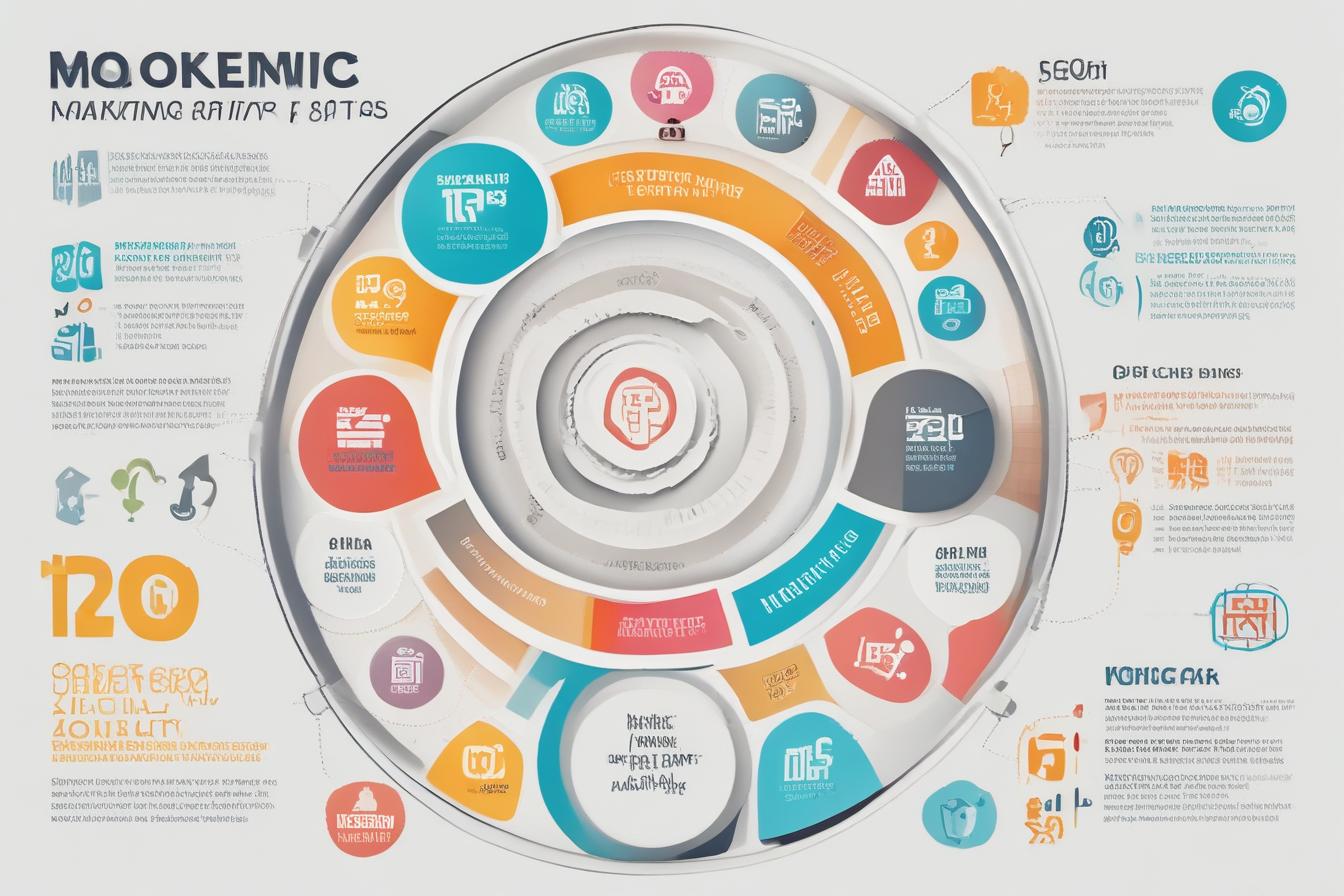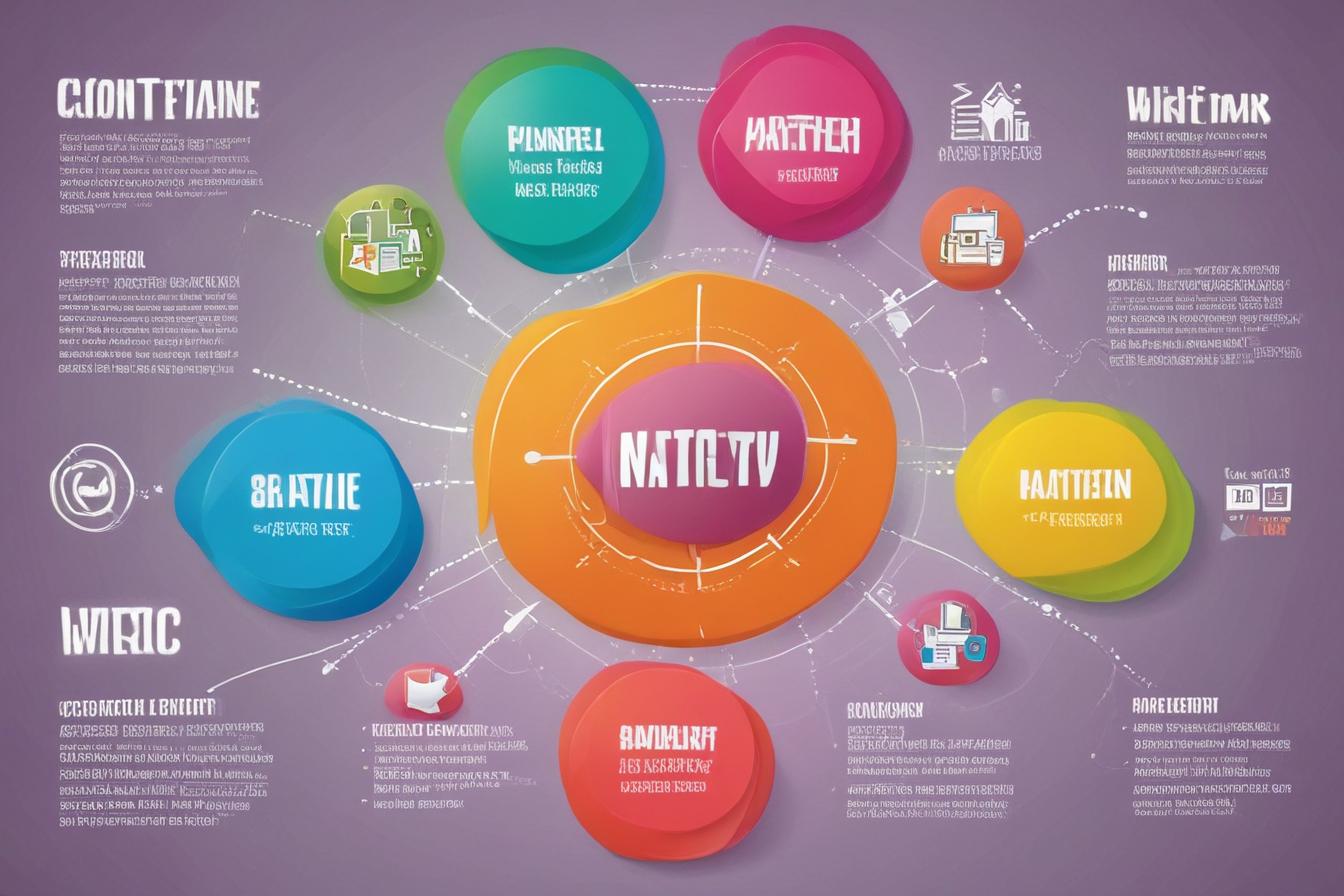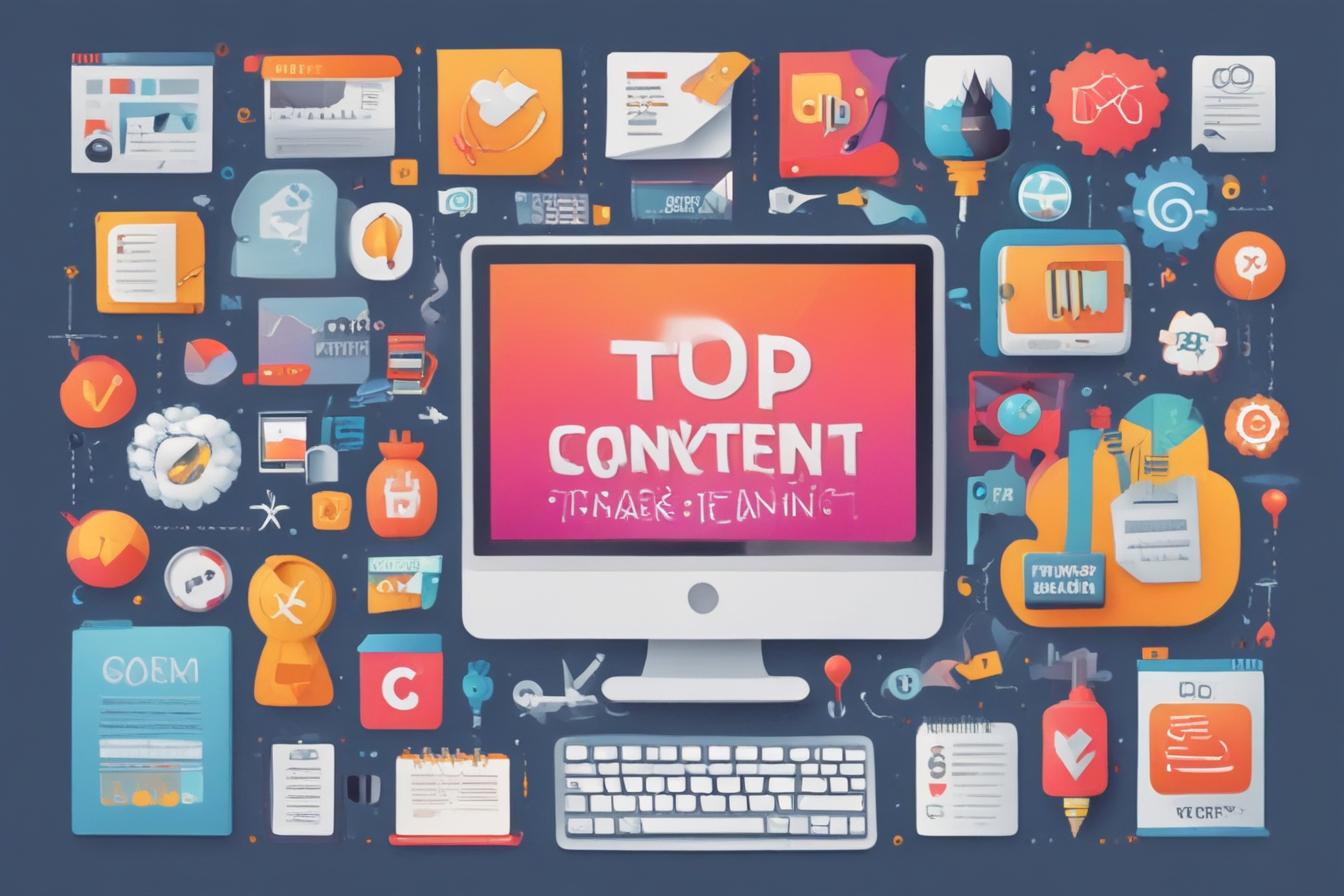What is Content Marketing and Why Does it Matter?
Content marketing is a strategic approach to creating and distributing valuable, relevant, and consistent content to attract and retain a clearly defined audience — and, ultimately, to drive profitable customer action.
In today’s digital age, content marketing has become an essential component of any successful marketing strategy. As consumers become increasingly adept at tuning out traditional advertising, businesses must find more effective ways to engage with their target audience. Content marketing provides a solution by delivering informative, entertaining, or educational content that resonates with the audience’s needs and interests.
By consistently creating high-quality content, businesses can establish themselves as thought leaders in their industry, build trust with their audience, and foster long-lasting relationships with customers. Moreover, effective content marketing can drive significant returns on investment (ROI) by generating leads, increasing brand awareness, and ultimately boosting sales.
Benefits of Content Marketing
- Improved search engine rankings and organic traffic
- Increased brand awareness and authority
- Better customer engagement and loyalty
- Cost-effective lead generation and conversion
- Opportunities for repurposing and evergreen content
Key Content Marketing Stats and Industry Trends
To understand the importance and potential impact of content marketing, it’s essential to examine the latest industry statistics and trends.
Content Marketing Spending and Budgets
According to a recent survey by the Content Marketing Institute (CMI):
- 63% of businesses have a dedicated content marketing budget
- 40% of marketing budgets are allocated to content marketing efforts
- The average content marketing budget has increased by 8% year-over-year
These statistics highlight the growing recognition of content marketing as a critical investment for businesses across various industries.
Content Consumption and Preferences
As content consumption habits continue to evolve, it’s crucial for businesses to stay ahead of the curve. Some notable trends include:
- Video content is on the rise, with 86% of businesses using it as a marketing tool
- Interactive content, such as quizzes and calculators, is becoming increasingly popular
- Mobile optimization is a must, with 61% of online traffic coming from mobile devices
To remain competitive, businesses must adapt their content strategies to align with these changing consumer preferences.

Proven Content Marketing Strategies for 2023
With the ever-changing digital landscape, it’s essential for businesses to stay ahead of the curve by implementing effective content marketing strategies. Here are some proven approaches for 2023:
1. Optimize for Voice Search
As virtual assistants like Siri and Alexa become more prevalent, optimizing content for voice search is crucial. This involves using natural language and conversational tones, as well as targeting long-tail keywords and question-based queries.
2. Focus on Data-Driven Content
Data-driven content, backed by research and industry insights, can position your business as a credible authority in your field. Consider creating data-driven reports, case studies, or whitepapers to establish thought leadership.
3. Leverage AI-Powered Content Generation
Artificial intelligence (AI) has revolutionized content creation, enabling businesses to generate high-quality, SEO-optimized content at scale. Tools like ContentScale.fr use AI to produce articles, blog posts, and other content types, saving time and resources while ensuring optimal search engine visibility.
By leveraging AI-powered content generation, you can streamline your content production process, freeing up resources to focus on strategy, promotion, and analysis.
4. Embrace Personalization and Audience Segmentation
Personalized content tailored to specific audience segments can significantly enhance engagement and conversion rates. Leverage data and analytics to understand your target audience’s preferences, pain points, and behaviors, and create content that resonates with their unique needs.
5. Prioritize Interactive and Immersive Experiences
Interactive content, such as quizzes, polls, and augmented reality experiences, can captivate audiences and encourage active participation. Immersive content not only enhances engagement but also creates memorable experiences for your audience.

Top Content Marketing Tools and Software
To streamline content creation, distribution, and analysis, businesses can leverage a variety of tools and software solutions. Here are some top picks:
Content Creation and Optimization
- ContentScale.fr: AI-powered content generation tool for creating SEO-optimized articles at scale
- Grammarly: Grammar and style checking tool for polished content
- SEMrush: Keyword research and on-page SEO optimization
Content Management and Distribution
- WordPress: Popular content management system (CMS) for websites and blogs
- HubSpot: Inbound marketing and sales software with content management capabilities
- Hootsuite: Social media management and scheduling platform
Content Analytics and Measurement
- Google Analytics: Comprehensive website and traffic analysis tool
- BuzzSumo: Content performance and influencer analysis
- Hotjar: Heatmaps, user recordings, and behavior analytics
By leveraging the right tools and software, businesses can streamline their content marketing efforts, from creation and optimization to distribution and analysis.

How to Measure and Analyze Content Marketing ROI
Measuring the return on investment (ROI) of content marketing efforts is crucial for understanding the effectiveness of your strategies and making data-driven decisions. Here are some key metrics and approaches to consider:
Engagement Metrics
- Social shares and likes
- Comments and mentions
- Time on page and bounce rate
- Click-through rates (CTRs)
Lead Generation and Conversion
- Number of leads generated from content
- Conversion rates for content-driven leads
- Sales and revenue attributed to content marketing
Search Engine Optimization (SEO)
- Organic search traffic and rankings
- Featured snippet and voice search visibility
- Backlinks and referring domains
Return on Investment (ROI) Calculation
To calculate the ROI of your content marketing efforts, follow this formula:
ROI = (Revenue from Content Marketing – Cost of Content Marketing) / Cost of Content Marketing
By regularly measuring and analyzing these metrics, businesses can identify areas for improvement, optimize their content strategies, and demonstrate the tangible impact of their content marketing efforts.

Content Marketing Case Studies and Success Stories
To illustrate the power of effective content marketing, let’s explore some real-world case studies and success stories:
Hubspot’s Inbound Marketing Blog
HubSpot’s Inbound Marketing Blog is a prime example of using content to establish thought leadership and drive business growth. With over 7 million monthly visits, the blog has become a go-to resource for marketers seeking insights and best practices. By consistently publishing high-quality, educational content, HubSpot has built a loyal audience and generated numerous leads for their marketing software.
Beardbrand’s Content Strategy
Beardbrand, a men’s grooming company, leveraged content marketing to build a dedicated community and increase brand awareness. Through their YouTube channel, blog, and social media presence, they created a wealth of entertaining and informative content around beard care, grooming tips, and lifestyle topics. This strategy has helped Beardbrand establish a strong brand identity and cultivate a loyal customer base.
Zendesk’s Content Hub
Zendesk, a customer service software company, created a content hub called « Relate » to provide valuable resources for their target audience. The hub features articles, guides, webinars, and industry reports covering a wide range of customer service and support topics. By positioning themselves as thought leaders, Zendesk has successfully attracted and engaged potential customers, resulting in increased leads and revenue.
These case studies demonstrate the power of content marketing in building brand awareness, establishing thought leadership, and driving measurable business results.

The Future of Content Marketing: Predictions and Insights
As technology and consumer behavior continue to evolve, the content marketing landscape is poised for significant changes. Here are some predictions and insights into the future of content marketing:
Artificial Intelligence (AI) and Automation
AI and automation will play an increasingly significant role in content creation, optimization, and personalization. Tools like ContentScale.fr are already revolutionizing content generation by producing high-quality, SEO-optimized content at scale. As these technologies advance, we can expect more sophisticated AI-powered content solutions that can understand context, sentiment, and audience preferences.
Immersive and Interactive Experiences
With the rise of virtual reality (VR), augmented reality (AR), and mixed reality (MR) technologies, content marketing will increasingly focus on creating immersive and interactive experiences. These experiences will not only captivate audiences but also provide valuable data and insights into consumer behavior and preferences.
Personalization and Hyper-Targeting
As data collection and analysis capabilities continue to improve, content marketing will become even more personalized and hyper-targeted. Businesses will leverage advanced analytics and machine learning to deliver highly relevant and tailored content to specific audience segments, enhancing engagement and conversion rates.
Voice Search and Conversational Content
With the growing popularity of voice assistants and smart speakers, optimizing content for voice search will become increasingly crucial. This will involve creating conversational, natural-language content that effectively addresses voice queries and delivers seamless user experiences.
To stay ahead of the curve, businesses must embrace these emerging trends and technologies, continuously adapt their content marketing strategies, and prioritize delivering exceptional, personalized experiences to their audiences.
In conclusion, content marketing is a powerful tool for businesses to engage with their target audience, build brand awareness, and drive measurable results. By leveraging proven strategies, tools, and technologies, and staying attuned to industry trends and consumer preferences, businesses can create compelling content that resonates with their audience and drives lasting success.
To streamline your content marketing efforts and gain a competitive edge, consider using AI-powered content generation tools like ContentScale.fr. By harnessing the power of artificial intelligence, you can produce high-quality, SEO-optimized content at scale, saving time and resources while ensuring optimal visibility and engagement.
Start exploring ContentScale.fr today and take your content marketing strategy to new heights.
